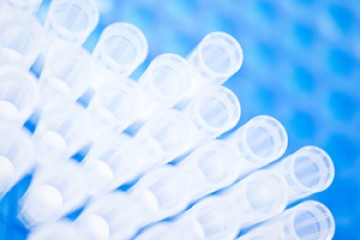Project grant
Mechanisms of intestinal epithelial responses to inflammatory modulators

At a glance
Completed
Award date
December 2014 - March 2018
Grant amount
£269,539
Principal investigator
Professor Inke Nathke
Co-investigator(s)
Institute
University of Dundee
R
- Replacement
Read the abstract
View the grant profile on GtR
